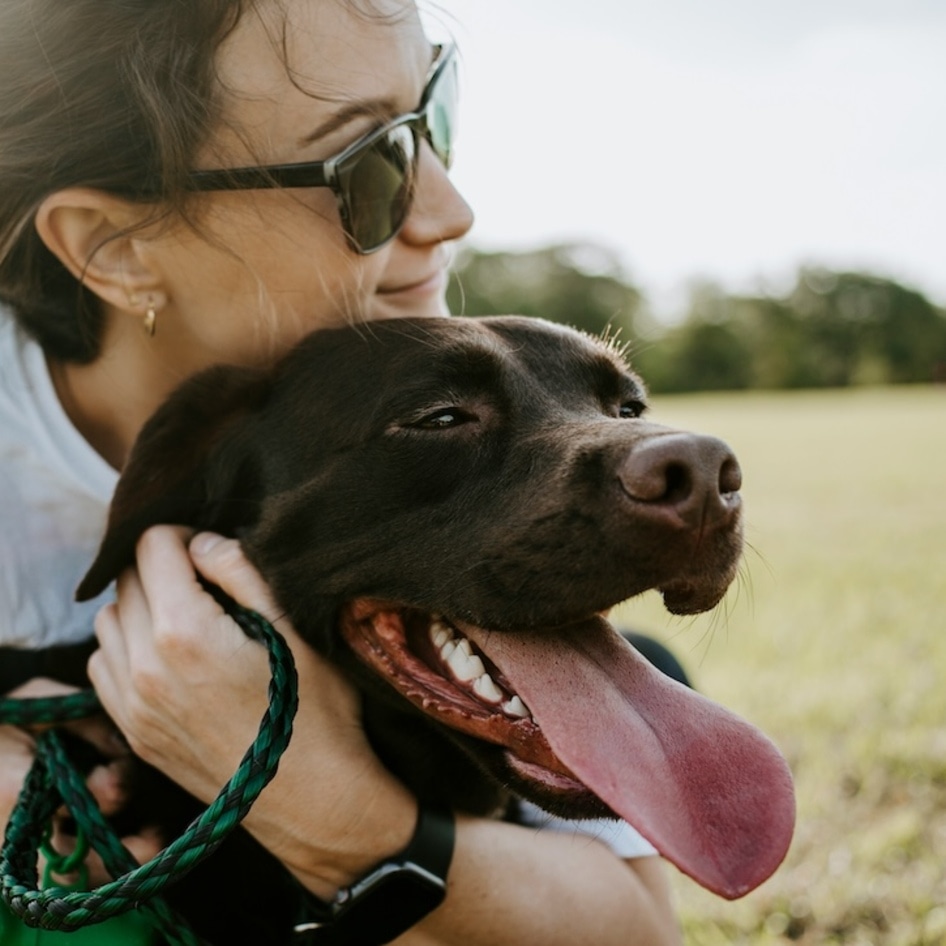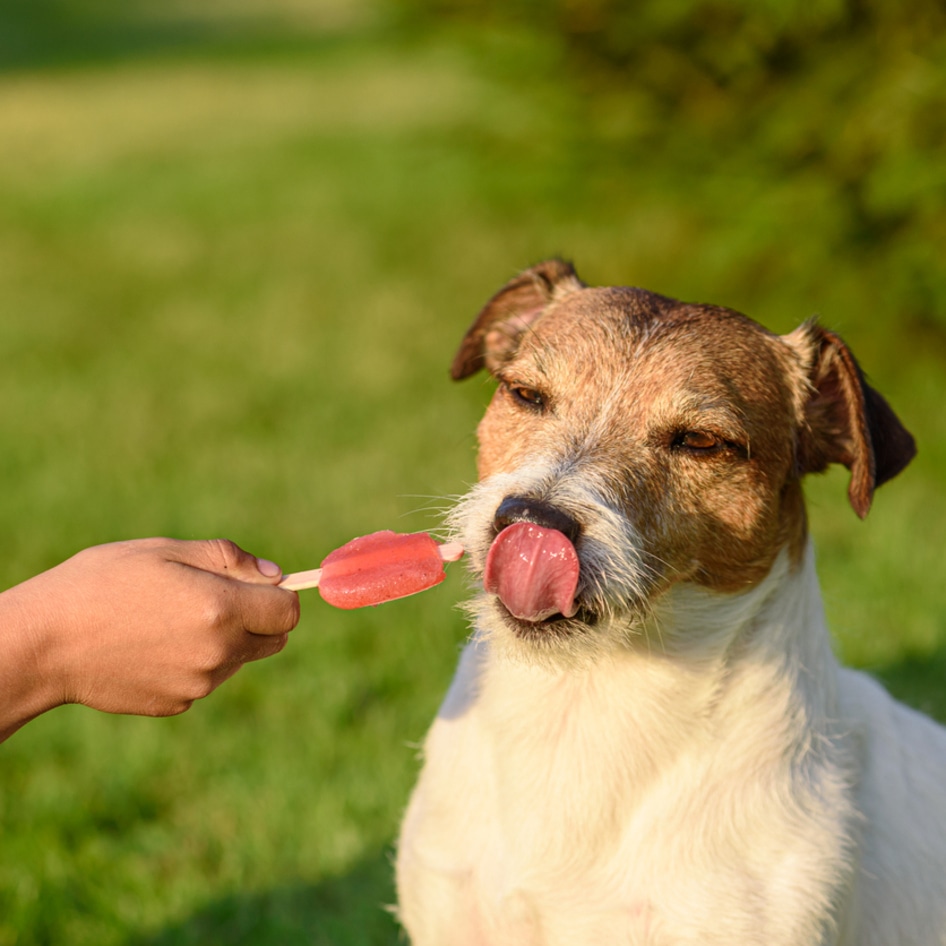4 Incredible Ways Animals Can Help Your Child in Need
Physical, mental, and neurological issues can all be helped thanks to the love of a dog or cat.
November 26, 2017
Animals and humans share an incredible bond. They bring us joy, make us laugh, and fill our hearts with love. And, as research suggests, companion animals can teach children about responsibility while teaching young people about empathy. What many humans don’t realize is how companion animals can also help children with all degrees of physical, emotional, and neurological challenges. To illustrate how, we’re highlighting four ways in which companion animals can be of great help to children in need.
1. Autism and service dogs
Autism is a condition that displays challenges with social and verbal communication and abstract thinking. Many children on the autism spectrum can have a difficult time making friends and understanding when they might be in dangerous situations. For these children, service dogs are ideal companions because the dogs’ loyal, non-judgmental presence helps children improve socially, verbally, and emotionally. Dogs can help lower children’s stress levels and increase their social skills. Plus, many service dogs are trained to keep children safe. In her study regarding children with autism and animals, Gretchen Carlisle, PhD, said that “children with any kind of pet in the home (are) reported being more likely to engage in behaviors such as introducing themselves, asking for information, or responding to other people’s questions.”
2. House pets will help with your children’s confidence and self-esteem
Studies have proven that companion animals in the home can give your child a confidence boost, but how? Apparently, some children confide in their dogs or cats more than they do their parents or friends. Talking to a companion animal is an opportunity to be heard without being interrupted, thus making children more confident. Also, animals do not judge, and that is another way they help children become more confident and happier.
3. Dogs make your children physically healthier
Caring for a dog forces children to go outside to walk and run with their dogs. Dogs require plenty of exercise and play time, which is great for young people, as this will not only teach your children the responsibility of taking care of another living creature (as they will have to make sure their companion animals are fed and bathed as well), and will also encourage children to exercise without it feeling like a chore. Finally, studies suggest that babies who grow up with dogs are less likely to develop allergies or get sick. Turns out, exposing babies to bacteria from companion animals is good for them!
4. Finally, companion animals help children do better at school
Living with a dog or a cat makes a child smarter, and there is clear evidence to prove that. A study called “Can dogs teach children to read?” proved that children who read out loud to their dogs became better at reading, compared to children who read out loud to their parents. Companion animals offer nonjudgmental support, which makes them the best “study buddy” ever. Dogs are also known for helping us manage stress, which gives children the opportunity to focus solely on their reading. They forget all about the anxiety of doing well and mastering everything. Having a dog (or cat) also encourages children to learn more about animals. After all, children are curious creatures, and they want to know about the pets with whom they are living. This sense of curiosity pushes children to research and read more, making them curious, observant, and more well-read than their classmates without pets.
Deborah DiMare is the founder of DimareDesign.com, an ultra-luxury, 100-percent vegan interior-design firm.
JUMP TO ... Latest News | Recipes | Guides | Health | Subscribe







